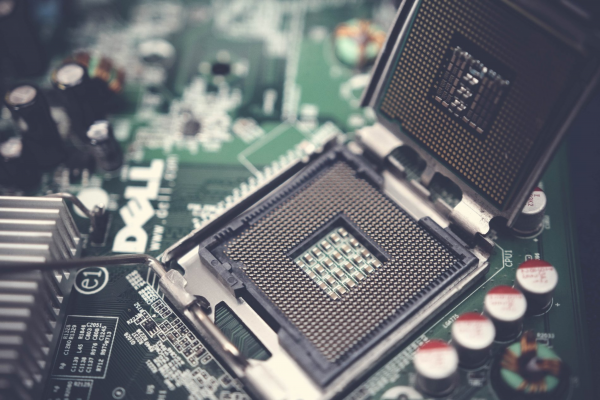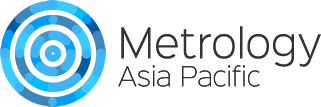Ensuring the production quality of high-tech chips
Key reference materials support Chinese Taipei’s semiconductor industry

The Challenge
Mobile phones have become ubiquitous, with 15 billion of them found worldwide; that’s two mobile phones for each person on the planet. The heart of every mobile phone is a powerful microchip which provides all of its functions, from 5G connectivity to graphics.
Chinese Taipei leads the world in manufacturing these high-tech semiconductor microchips, which, thanks to developments over the past few decades, have continuously shrunk in size, while still improving in functionality. But with the very recent transition to sub-nanometer components, the tolerance of impurities in the raw materials used to make chips is getting tighter. In the silicon wafer process, the presence of just a small number of unwanted particles in the nanometer range, or metal ions at the parts-per-trillion level, could cause a short circuit and the failure of a whole wafer.
The NML Solution
The measurement of trace amounts of impurities is carried out on dedicated precision instruments, which in turn, have been calibrated using certified reference materials (CRMs).
CRMs are physical artefacts used to validate analytical instrumentation, and to provide traceability of measurements. NML has recently begun to manufacture CRMs in Chinese Taipei to support the local semiconductor industry.
In the past, NML only provided instrumentation-based calibration services, such as for temperature, mass, and length. But NML has recently expanded its offerings, and now produces novel CRMs, including mixed gases and heavy metal ion solutions. These both play important roles in the quality assurance and quality control of semiconductor manufacturing processes that involve gas-phase precursors and wet-etching solvents.
All CRMs are manufactured from ultrapure bulk material (purity > 99.9999%) which is then diluted with clean gases or solvents to the requested concentration. Each step during the preparation is carefully recorded and includes all factors to obtain a reliable final uncertainty. The prepared product is further analysed (using titration, gas chromatography, mass spectrometry, and so forth) to verify that the concentration meets the required specification. The development of these new CRMs means that NML’s calibration services can be further expanded in the coming years.
The Impact
The CRMs and related calibration services provided by NML ensure that important instruments and sensors used throughout semiconductor production lines are well calibrated. In addition, they give manufacturers confidence in the cleanliness of the environment as well as the purity of the final chips. The materials experience fewer contaminants, increasing the silicon wafer yield and lowering the process cost. This benefits the whole semiconductor industry; from the upstream material suppliers to the chip manufacturers and distributors. All are supported by metrology. The high quality of chips produced by the semiconductor industry in Chinese Taipei has resulted in a global market share of 60%.
Quote
“The CRM provision and quality control contributed by NML helps us to continuously provide our customers with the highest purity, contamination-free material.”
- Lanya Huang, Procurement Specialist, Taiwan Speciality Chemicals Corporation

